Overview
Sudan Smart Development
7th Diaspora International Conference
co-organized and hosted by the Government of Sudan
Khartoum, Sudan 28-29 December 2019
The aim of this conference is to ensure that Sudanese Diaspora groups are involved in the development and review of policies that impact on the future of Sudan. They are consulted with regard to the objectives and desired outcomes of the policy, and the best means of achieving the United Nations 2030 Agenda for Sustainable Development (SD) in Sudan. The conference will therefore critically address the question of how Sudan can achieve the 17 Sustainable Development Goals (SDGs) of the 2030 Agenda and to provoke forward thinking on the role of Sudanese diaspora in the future of Sudan.
This multi-disciplinary conference is part of our SK Diaspora Conference Series aims to provide the participants the opportunity to share their knowledge and experiences from all over the world on major global issues; the emphasis is on the importance of evidence-based planning to overcome the challenges facing Sudan’s efforts to achieve a sustainable future.
This exciting conference brings together international experts and high level Sudanese Diaspora (students, researchers, practitioners, policy-makers, ordinary citizen) from the public and private sectors to share their strategic vision on the critical situation in Sudan and how the Diaspora can contribute to help Sudan achieve a sustainable and inclusive SD. The conference will analyse the status quo of Sudan uprising and the current challenges facing Sudan to achieve its objectives as well as the different dimensions and perspectives of the likely future challenges and the changing global paradigms.
Similar to previous conferences organised by WASD and SK, the response to our call-for-papers has been so high with more than 150 abstracts and papers submitted covering a wide range of focus and scope of the theme of the conference. We would like to express our deep gratitude to all the presenters for their acceptance of our invitation and for their participation in the conference, we should also thank all those who have been working diligently, behind the scenes, in the preparation and realization of this conference.
For Sudan to succeed in the future, Sudanese youth must be equipped with all necessary skills and capabilities to manage and adapt to future challenges. We therefore encourage the participation of youth in the debate and we are keen to make their voices heard and consequently enabling the decision makers to consider those views and ideas in their big decisions.
International Partners and Network
- Sudanese Partnership for Knowledge Transfer by Expatriate Nationals (SPaKTEN), Secretariat of Sudanese Working Abroad, SudanUnited Nations Development Programme (UNDP), Sudan
- Sudanese Business Development Association (SUBDA), Sudan
- Malk Advanced Business Co. Ltd, Sudan
- Centre for Islamic Finance Law and Communities (CIFLAC), University of East London, UK
- Environment and Natural Resources and Desertification Research Institute (ENDRI), National Centre for Research (NCR), Sudan
- Middle Eastern Knowledge Economy Institute (MEKEI), UK
- Emerald Group Publishing, UK
- Greenleaf Publishing, UK
- Palgrave Macmillan, UK
- Sudan Knowledge, UK
Diaspora
The collaboration between the Diaspora and those working within the country of origin offers several opportunities and contributes to increase productivity towards sustainable and inclusive knowledge-based growth. Building constructive relationships between the Diasporas and countries of origin require that Diasporas be treated not as a mere resource, but as partners and investors with mutual benefits.
It has long been argued that Diasporas will be most interested in contributing to SD efforts when they have a sense of belonging in relation to their country of origin. Therefore, it is very important to establish trust between Diasporas and governments in the country of origin. In doing so, governments need to invest in identifying their Diasporas abroad and in understanding their skills and interests.
Many sustainability problems can only be tackled by connecting the diaspora with those working within the country of origin, for example combating the results of climate change, diseases such as malaria, reservation of natural resources, fighting land degradation or limiting the loss of biodiversity and many other problems. Moreover, knowledge or evidence-based policymaking is indispensable if gaps in living standards are to be narrowed. Therefore, building capacity in country of origin is necessary for competing in the global arena and there it is critical to turn the diaspora into a positive tool for SD as well as serving as role models for the youth in the country of origin.
Location
Khartoum, Northern, Sudan
Team
The conference is organised by several committees from WASD and under close supervision of WASD Advisory Board.
WASD Team
- Prof. Allam Ahmed: Co-Chair and President WASD
- Janet Snow: International Coordinator and Editor
- N. Joseph Navinraj: Publishing
- Mhdi Safe Aldeen Ibrahim: Webmaster
- Vicky Trainer: Graphic Designer
- Mervyn Clingan: Video Production
- Reem Faysal, British Gas
- Dr. Waiel A Bashari, University of Cambridge
- Reem Elhussien, International Coordinator
- Ibtehal Attaelmanan, Researcher
- Ahmed Alnager, Graphic Designer
- Awab Ayob, Social Media
- Mohammed Alleasir, Network Coordinator
- Ola ElObeid, Network Coordinator
- Fadwa Dafallah, Network Coordinator
- Hussein Aboudi, Network Coordinator
- Ahmed Abbas Mudawi, Network Coordinator
- Najua Hussain, Network Coordinator
- Rania Abdelazim Fadil, Network Coordinator
Sudanese Partnership for Knowledge Transfer by Expatriate Nationals (SPaKTEN), Secretariat of Sudanese Working Abroad, Sudan
- H. E. Omar Bashir Manis, Cabinet Affairs Minister
- Dr. Osman Hassan Osman
- Eng. Seham A. Elbashir
- Wafia Mohamed Ali
- Intisar Hussein Halfawi
- Naila Hassan Eldaw
- Muna Kamal Musa
- Iman Osman Eljack
- Shaza Mohamed Khir Hussein
- Rania Ahmed Fageiri
- Samira Hamid Musa
- Alaa Mukhtar Khalfalla
- Safa Abd Alhfeez Alhadi
- Muna Guma Himedan
- Safa Hassan Abd Elrhman
United Nations Development Programme (UNDP), Sudan
- Dr. Selva Ramachandran, Country Director
- Dr. Mohammad Pournik, Senior Economist
- Ali Muntasir, Head of Experimentation
- Intisar Salih, Programme Analyst Sustainable Livelihoods
- Ahmed Elhag, National Consultant Sustainable Livelihoods
- Hanan Mutwakil, Sustainable Livelihoods Assistant Resident Representative
Sudanese Business Development Association (SUBDA), Sudan
- Dr. Khansa Suliman Saleh Fedail, President of SUBDA, Fedail Medical Group
- Engineer Elsadig HagAli, Board Member, Elhassan Holding
- Engineer Waddah Mohammed Abdelhai, Director, Morouj Commodities Ltd
- Engineer Salah Bashir, Member of Board of Directors, Savola Edible Oils
Dr. Sarra Ahmed Mohamed Saad, Associate Professor
Malk Advanced Business Co. Ltd, Sudan
Sami Abdullah Hamza, Director General



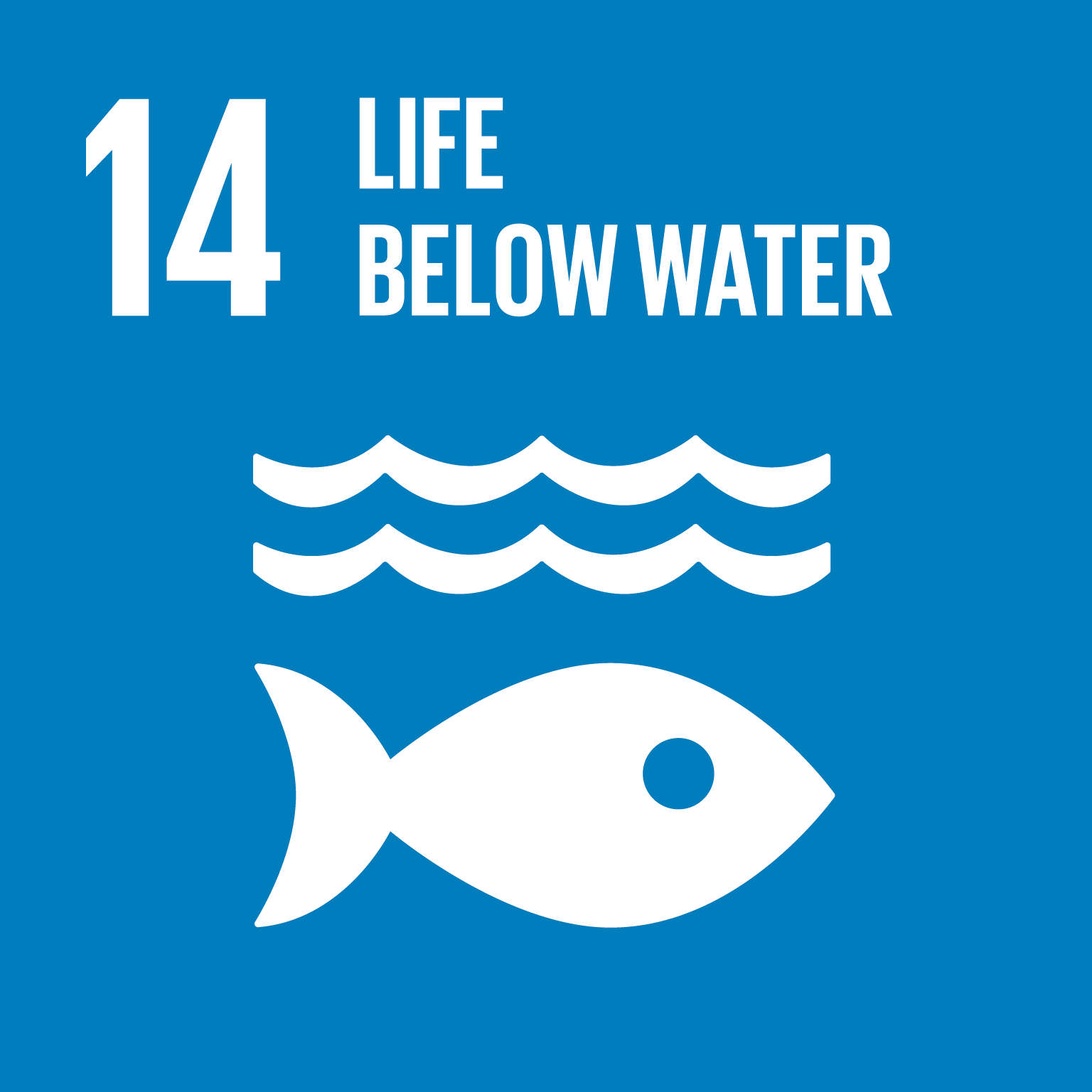
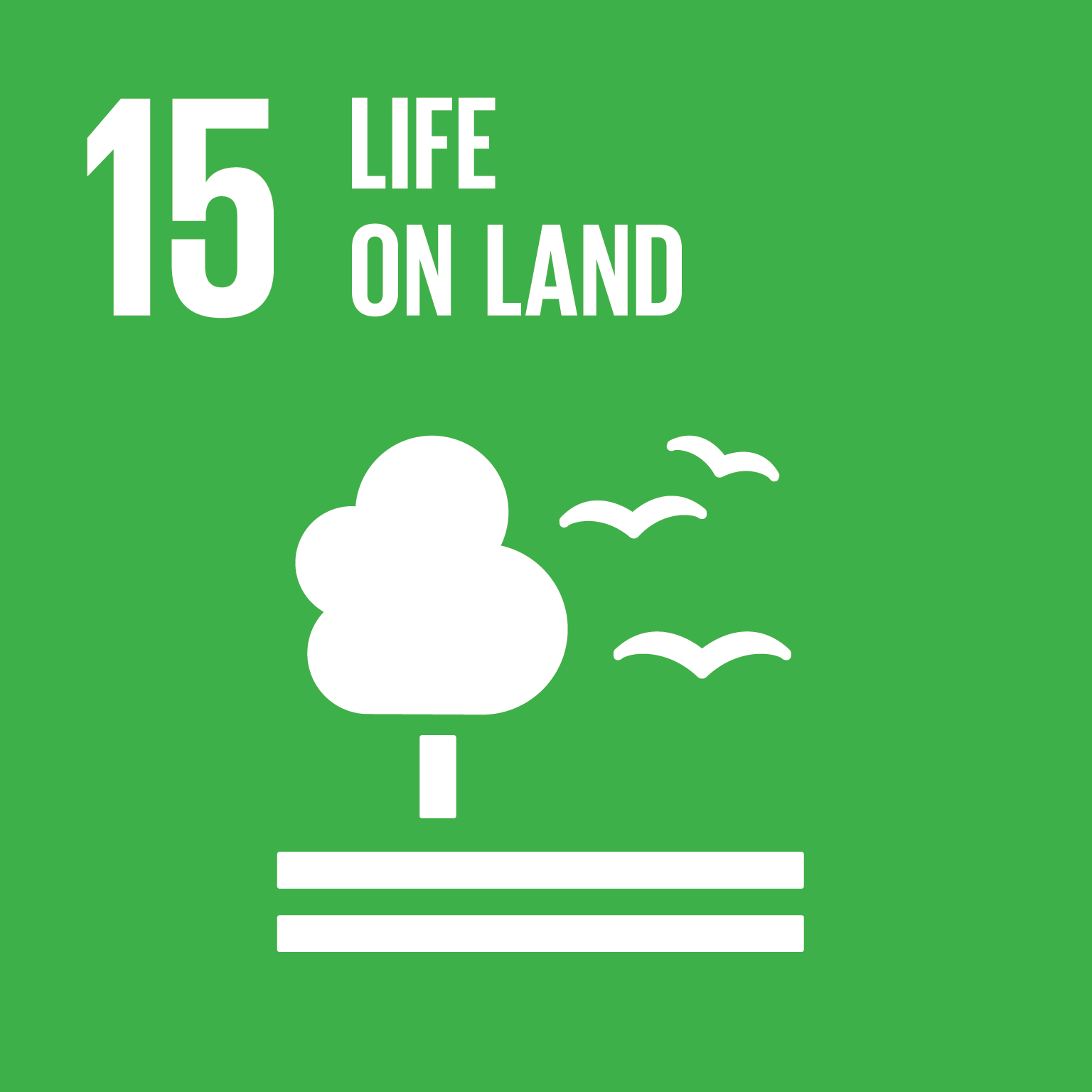
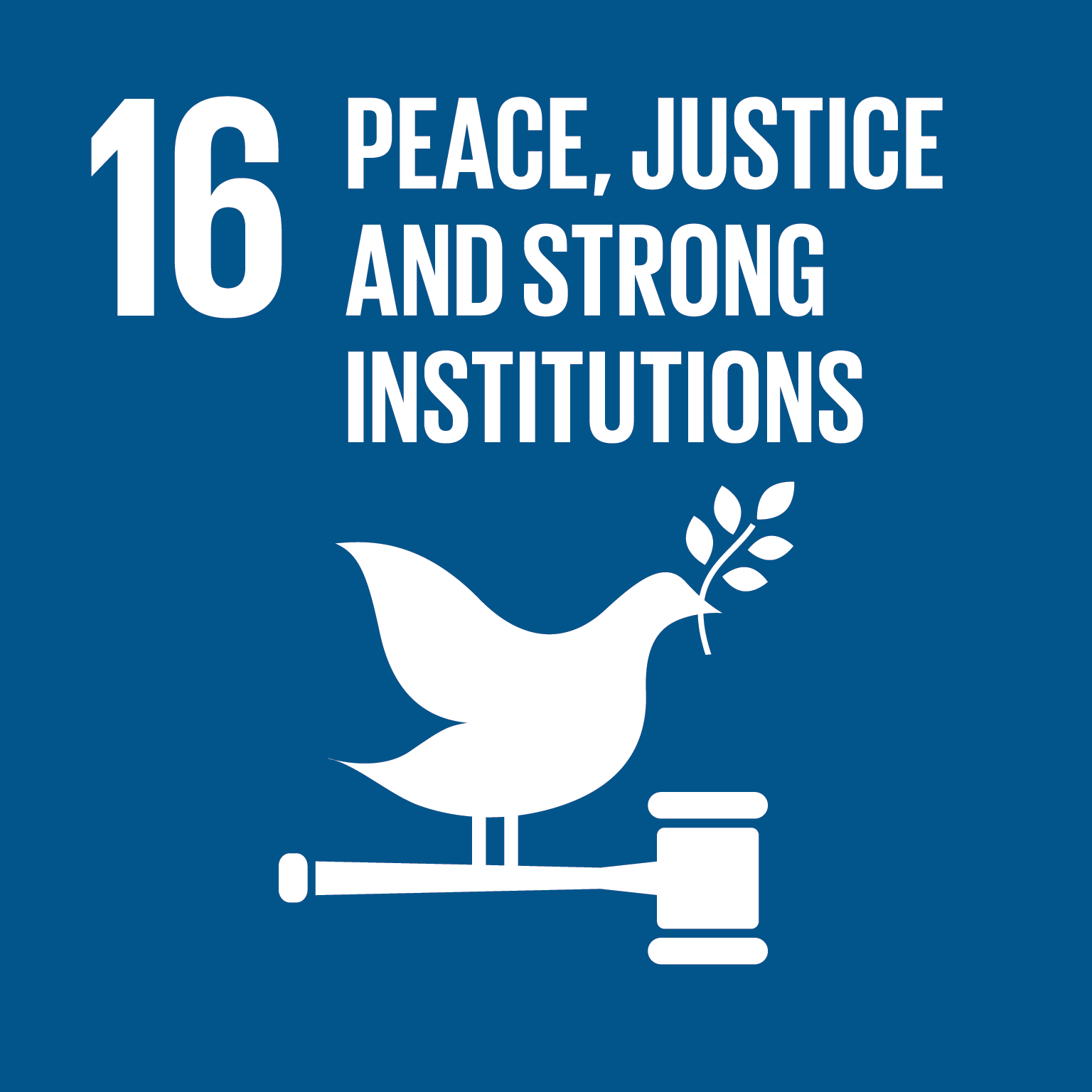

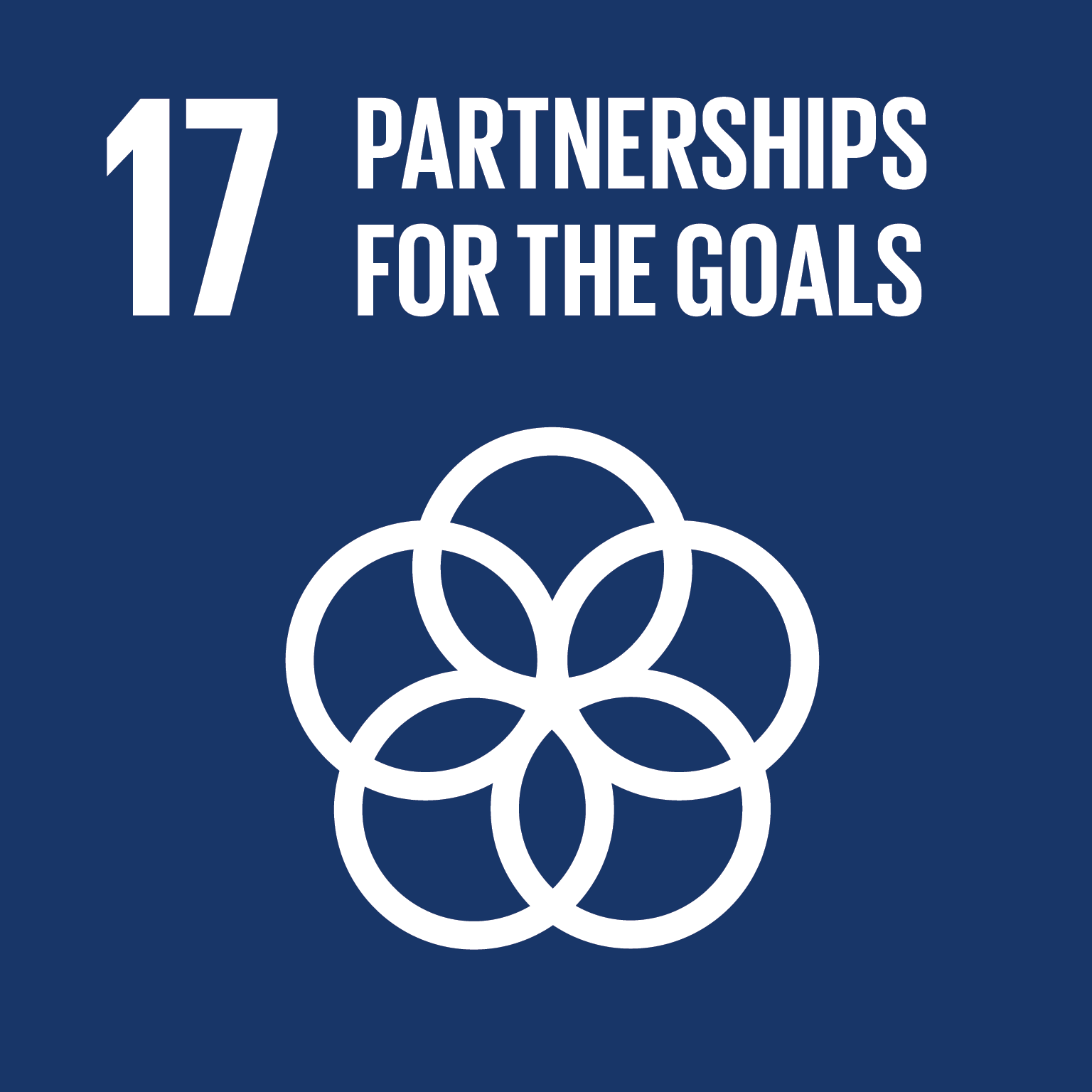
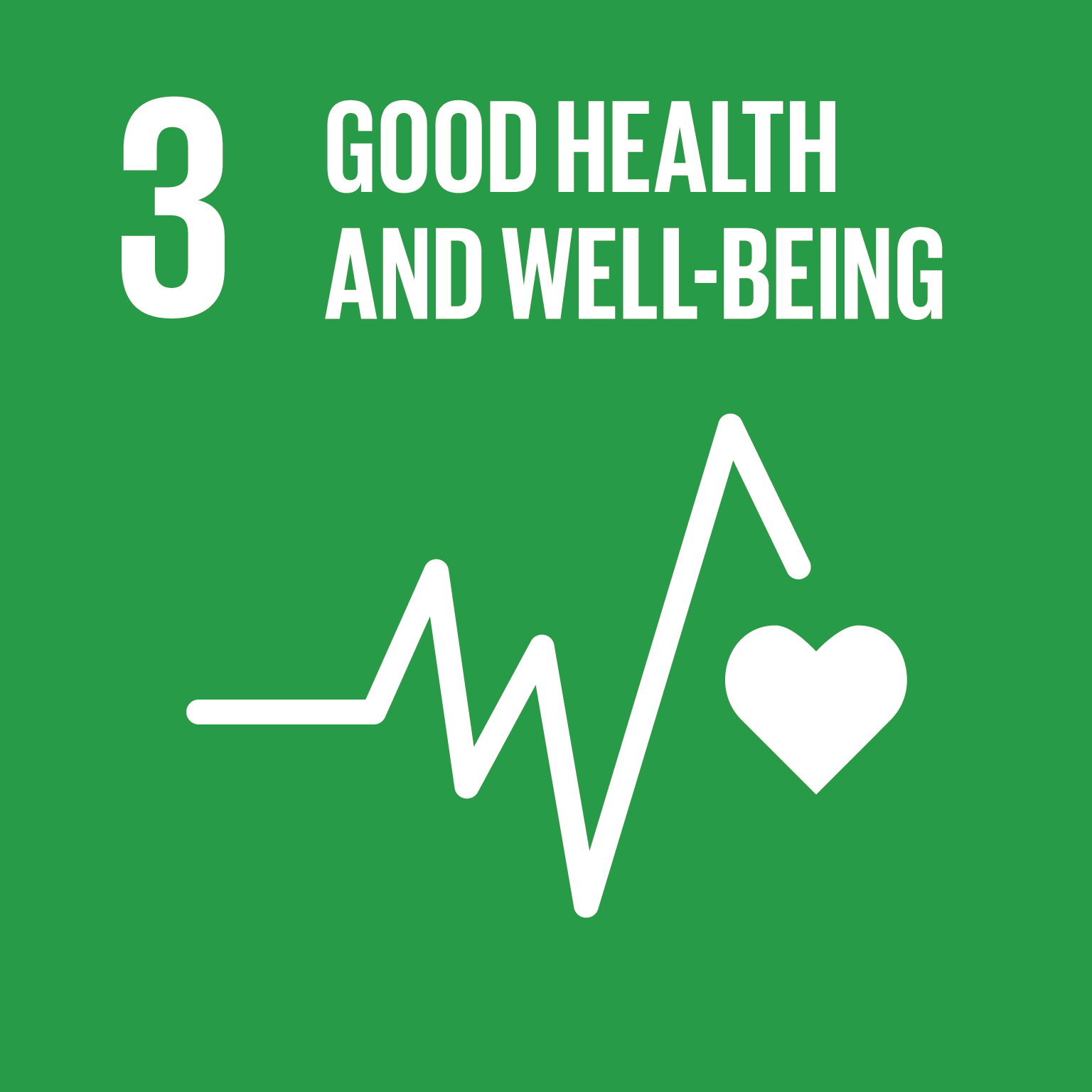


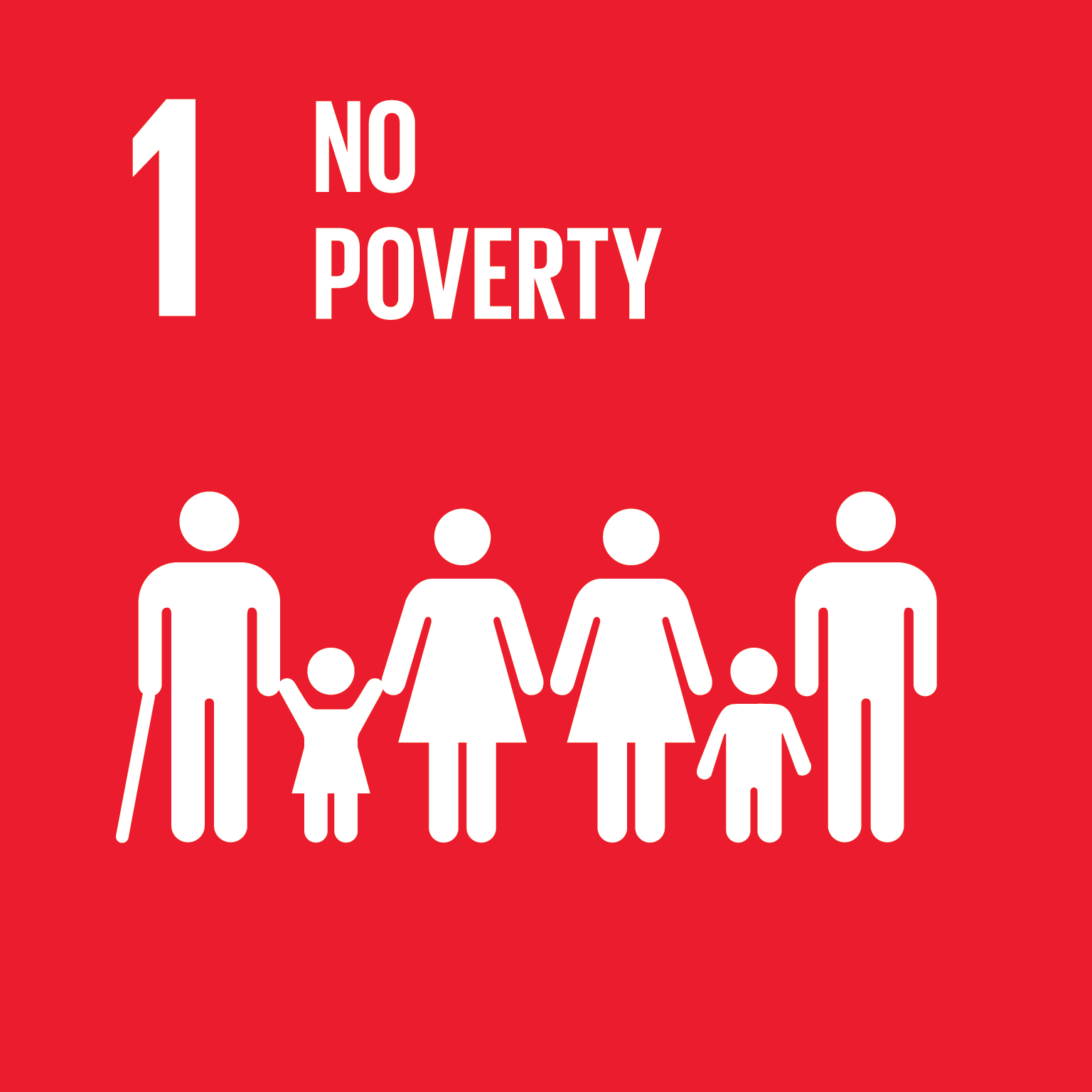
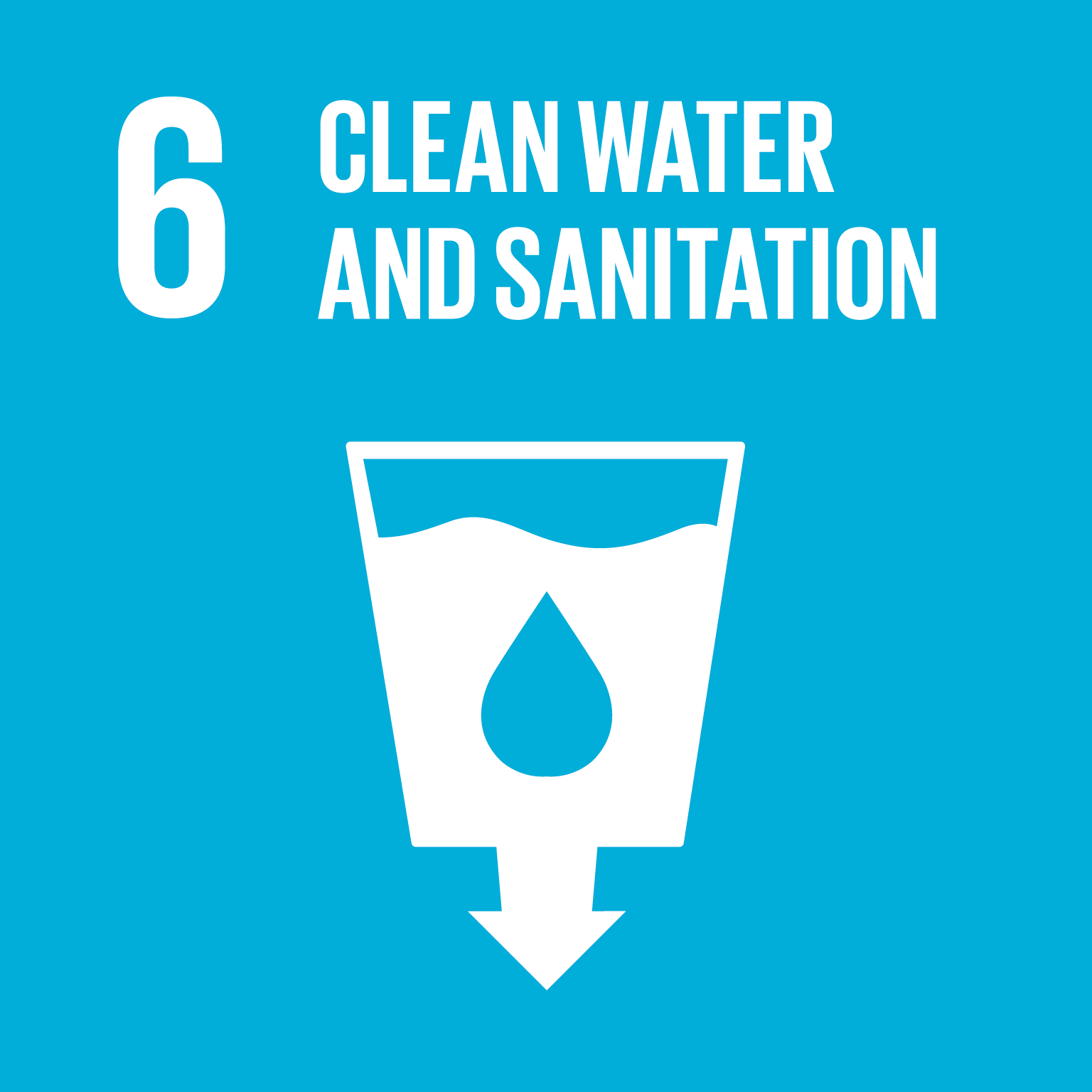
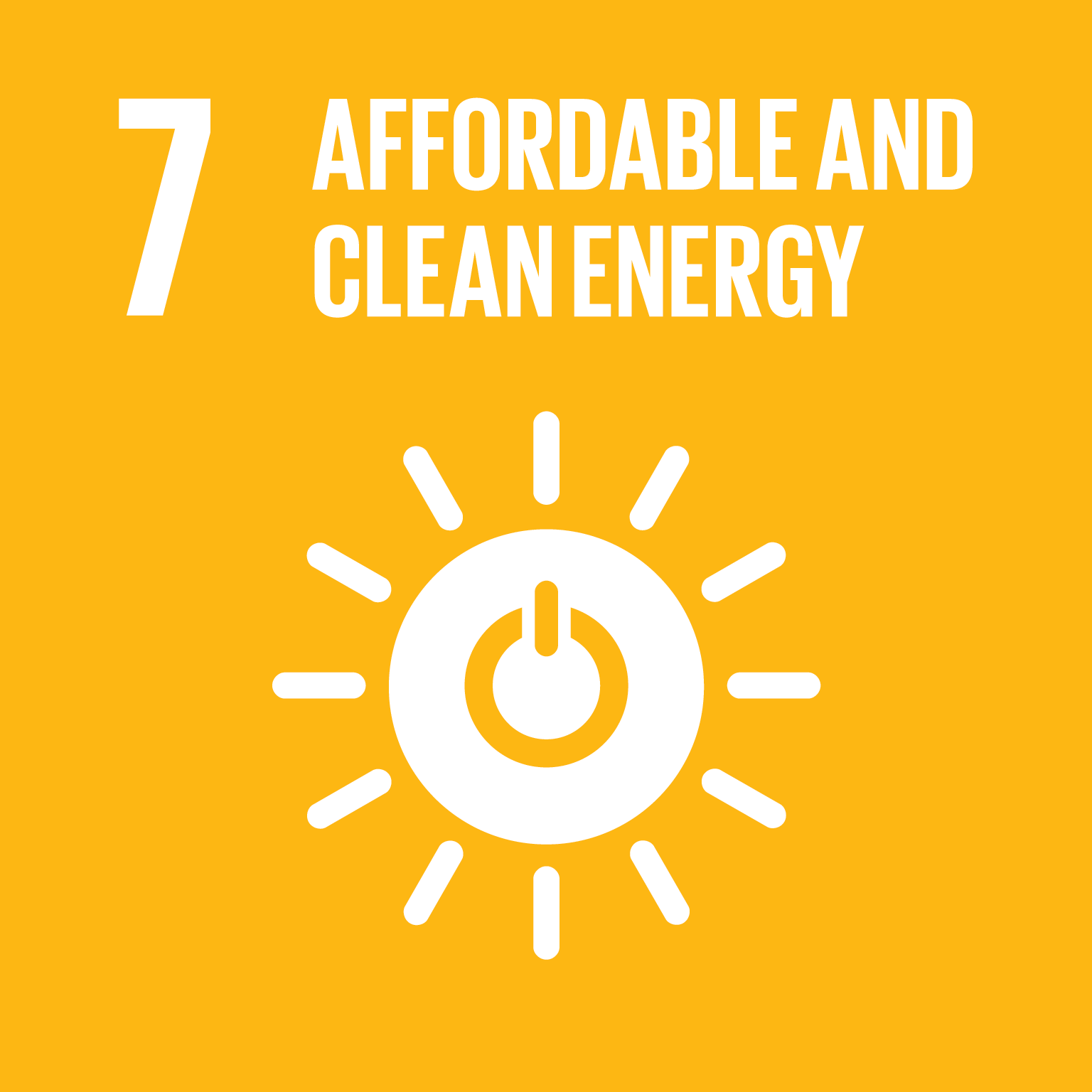
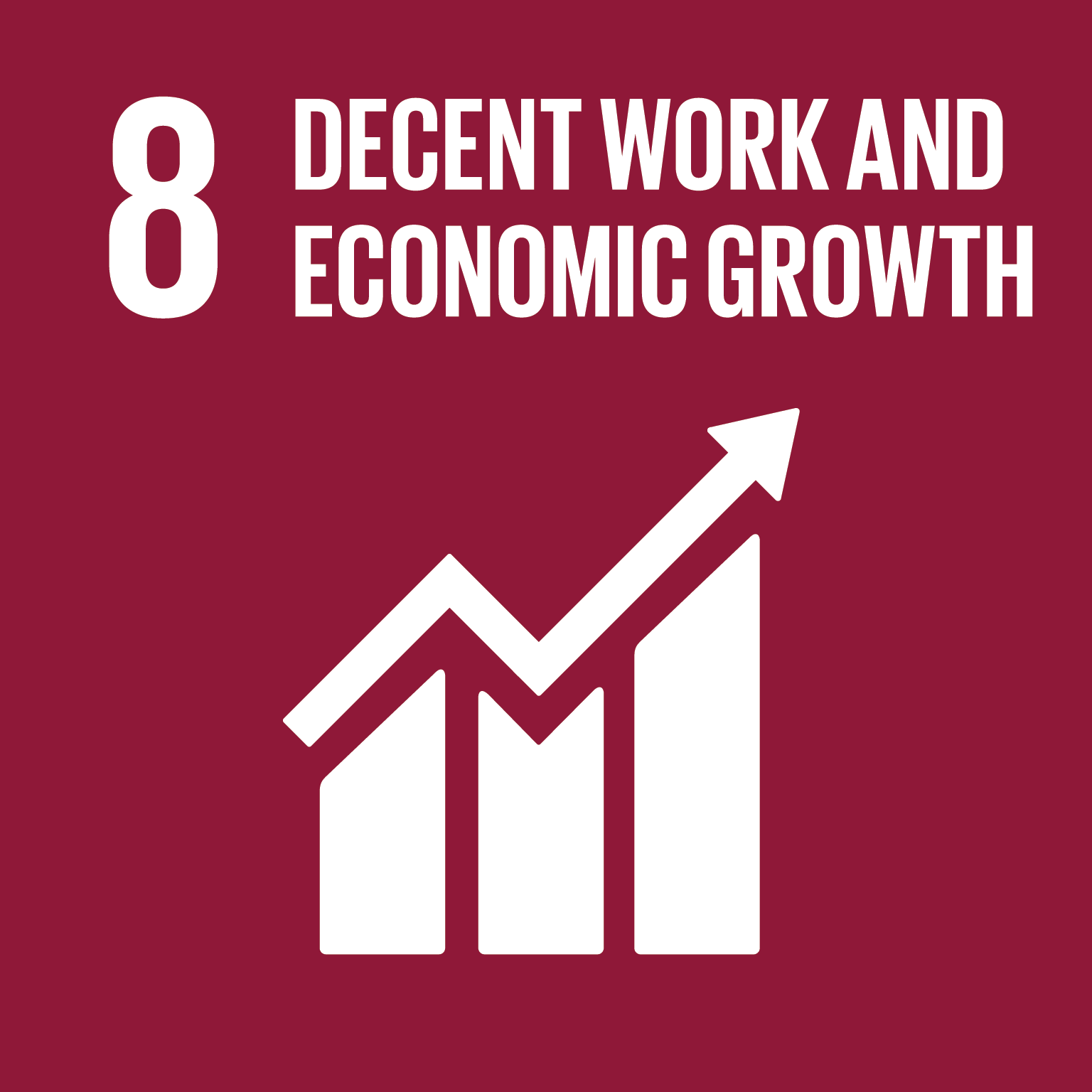
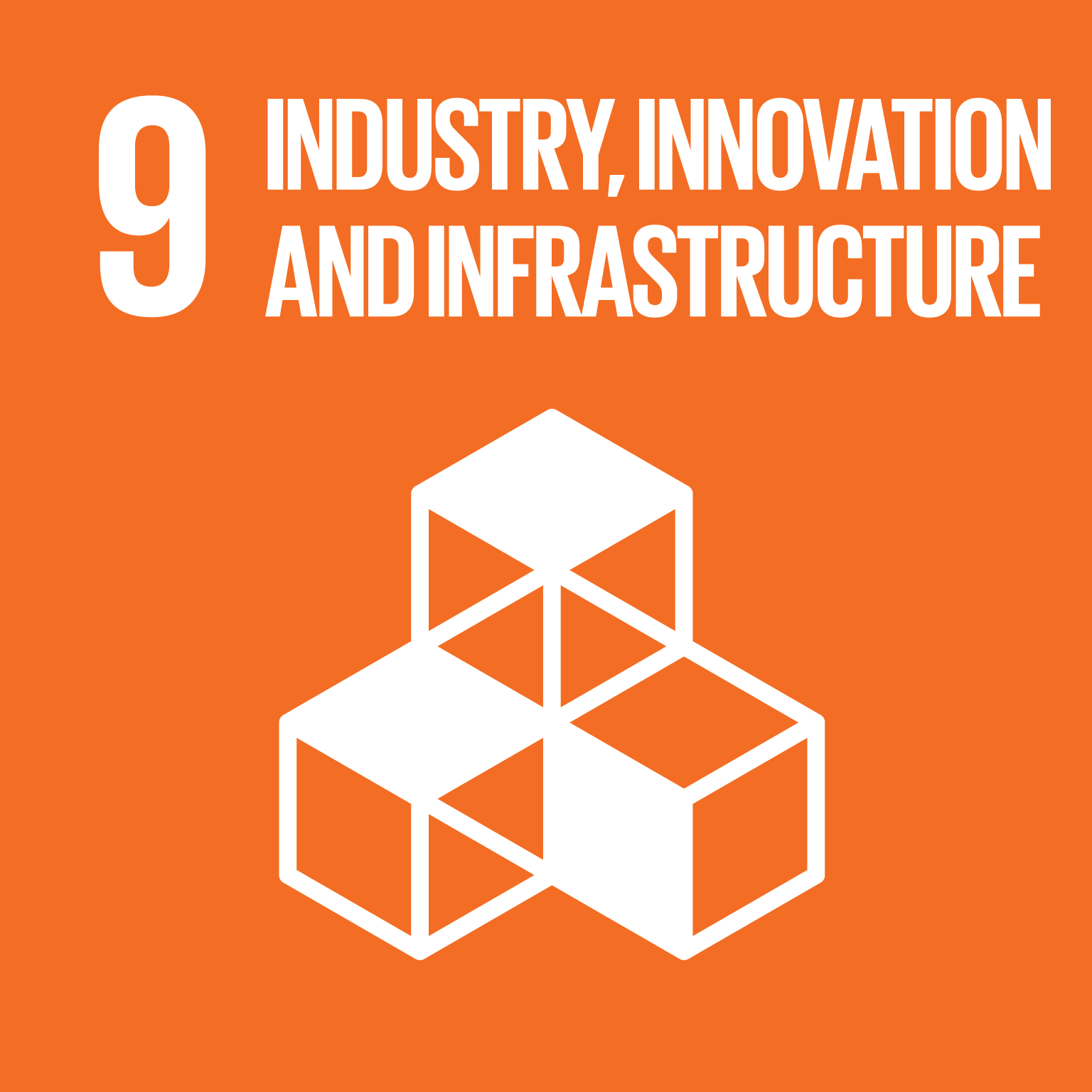
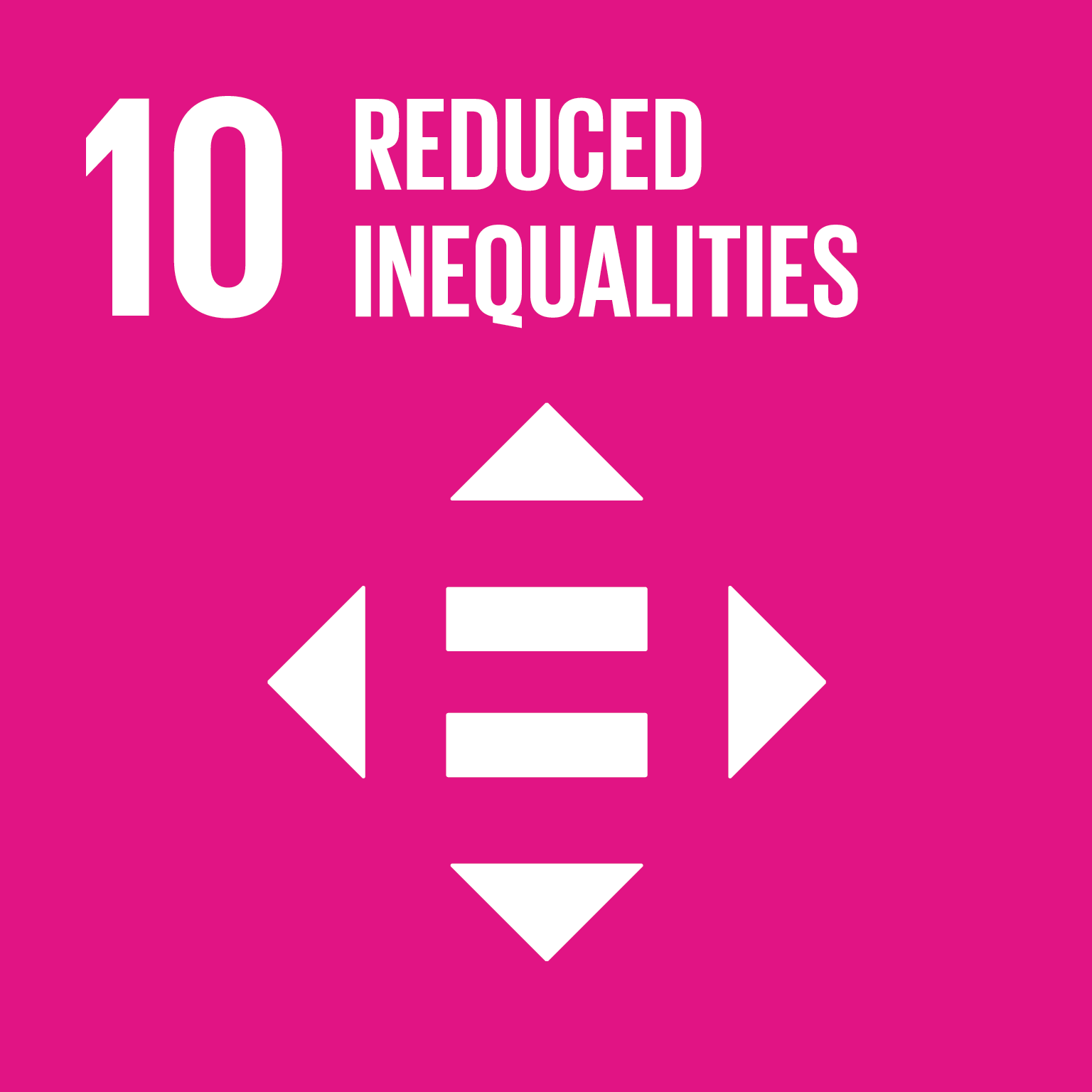
 WASD produces various
WASD produces various